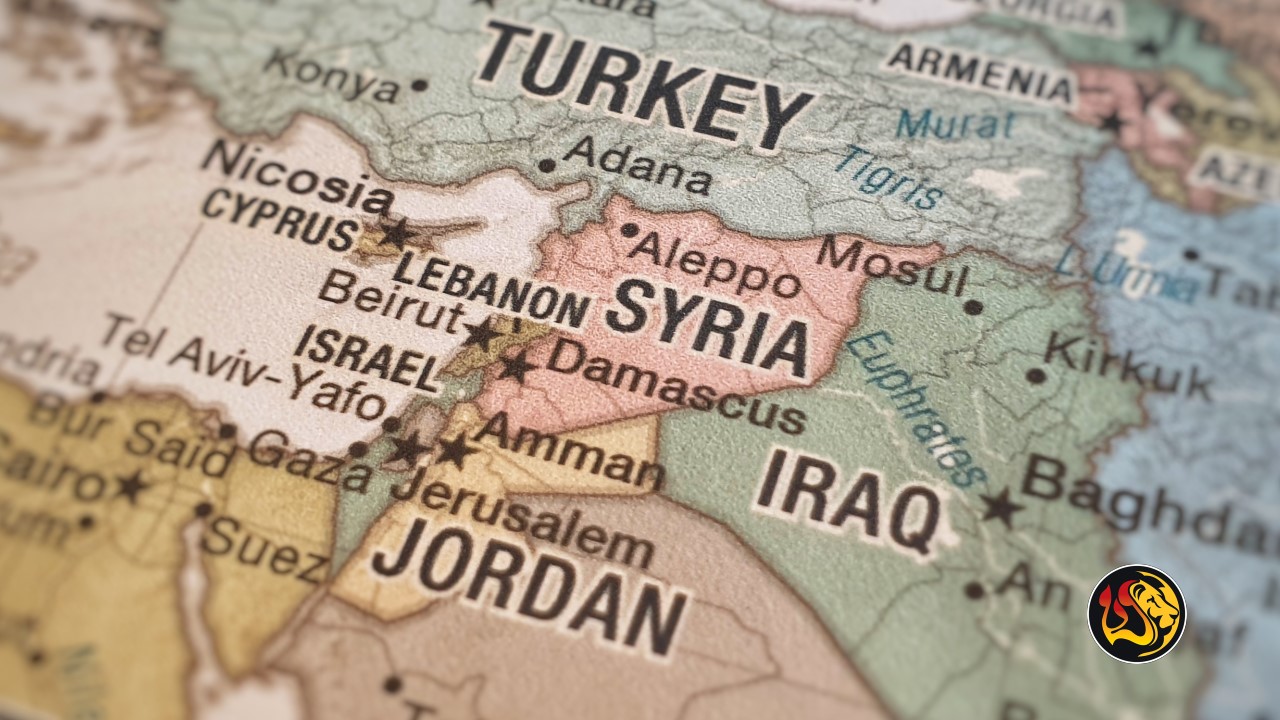(Worthy Insights) – American Christian Leaders for Israel (ACLI) has announced a press conference at the upcoming National Religious Broadcasters (NRB) International Christian Media Convention in Dallas, Texas. The event will unveil a resolution reaffirming what the drafters believe to be the Jewish people’s right to what the document calls the biblical heartland of Israel—referred to in the resolution as “Judea and Samaria” but known internationally as the West Bank.
The resolution, which will be signed by over 3,000 Christian pastors and organizational leaders from across the United States, is intended to be delivered to President Donald Trump in advance of his anticipated statement on the West Bank, expected within the next four weeks. ACLI and NRB, which support “biblical truth” and Israeli sovereignty, view the resolution as a means to bolster Christian backing for Israel amid ongoing debates over control of the territory. [ Source (Read More…) ]












